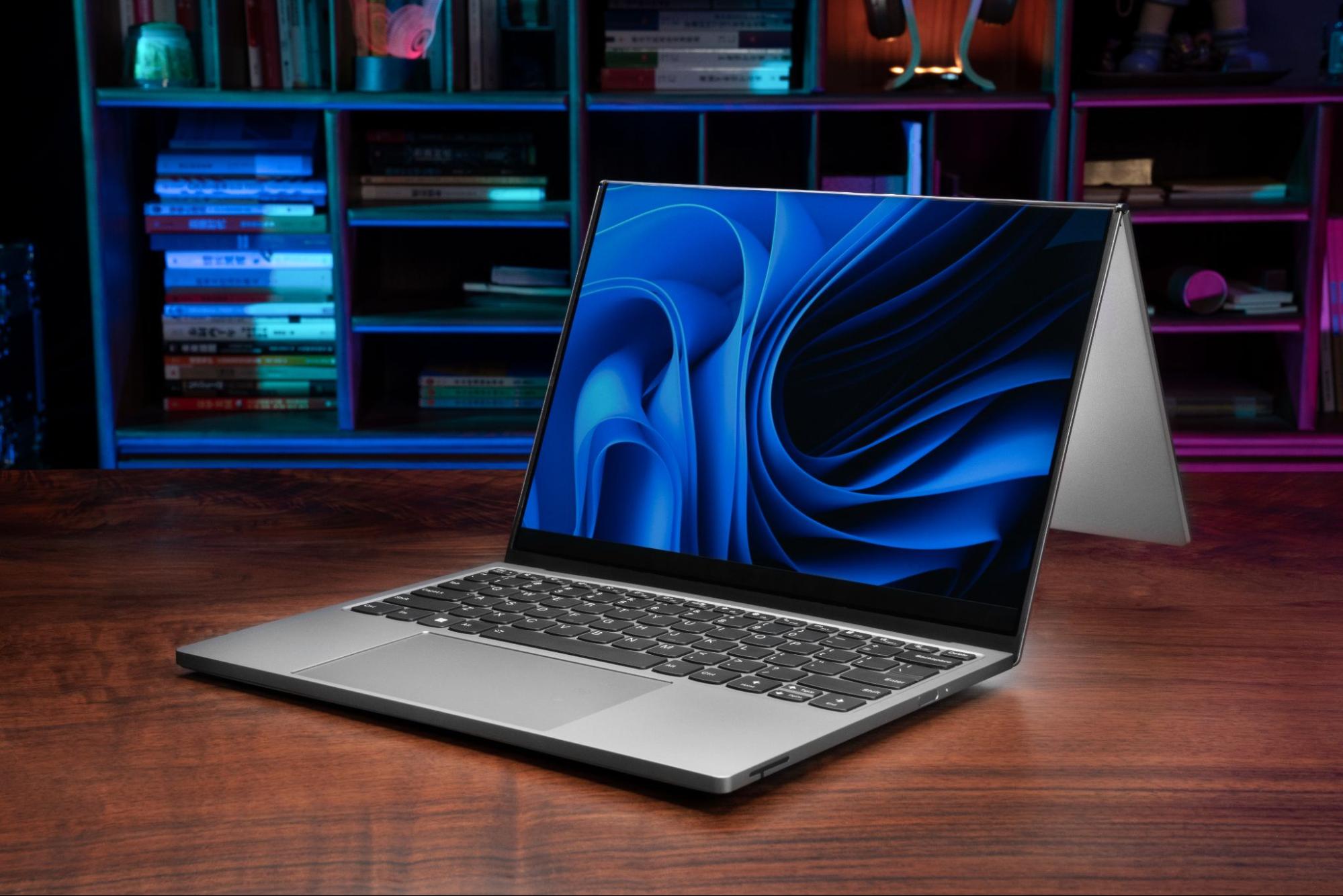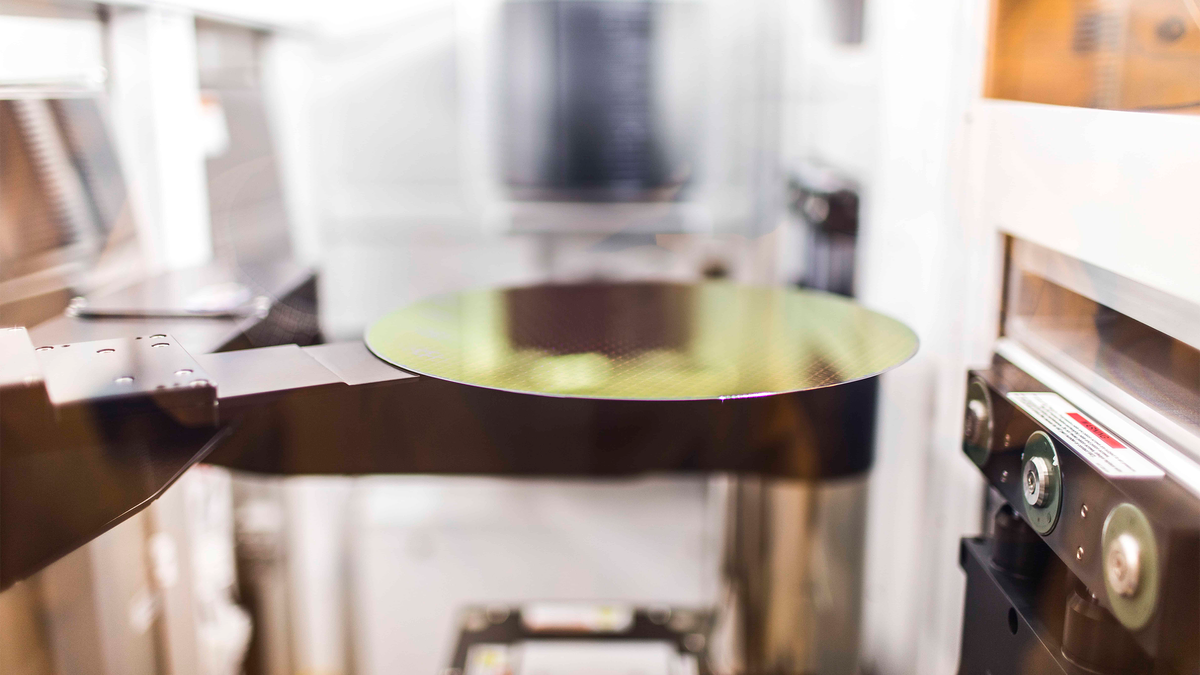Lenovo, HP, and Dell, the world's three largest PC vendors, are reportedly exploring expansion options in Saudi Arabia. According to Digitimes, Saudi Arabia is actively recruiting tech manufacturers with facilities in China to relocate to the Arabian Peninsula as fears of tariff insecurities heighten.
The three tech giants are all in different stages of starting production facilities in or near Saudi Arabia's capital city, Riyadh. Lenovo has already declared its plans to build a PC and server assembly factory in Riyadh, and is backed by a $2 billion investment from a subsidiary of Saudi Arabia's Public Investment Fund (PIF). HP and Dell have now reportedly sent teams to conduct visits to the country and scout potential construction sites after requests from local governments.
Saudi Arabia has also invited several ODMs to move their production facilities to the Arabian Peninsula. Foxconn, Quanta Wistron, Compal, and Inventec are reportedly among the top names being courted, but the ODMs are reticent to move to the Middle East. The ODMs claim that the potential for development in Saudi Arabia hinges on client willingness and outside logistical factors.
Saudi Arabia is offering some big promises to potential business partners, and many of these promises are highly attractive to OEMs — but less convincing to ODMs. Beyond the obvious benefit of only being subject to 10% reciprocal tariffs into the U.S. from Saudi Arabia — as opposed to the 245% tariffs currently aimed at China — OEMs are also being courted with the full might of Saudi Arabia's PIF, a $620 billion fund to attract business into the nation.
Saudi Arabia has reportedly made assurances, including preferred access to local and African government contracts and start-up perks like fully paid-for factory construction, to Lenovo, HP, and Dell. The potential in-roads into the African market beyond Saudi Arabia were credited as a large part of Lenovo's decision to take its $2 billion Riyadh deal.
"Through this powerful strategic collaboration and investment, Lenovo will have significant resources and financial flexibility to further accelerate our transformation and grow our business by capitalizing on the incredible growth momentum in KSA [Kingdom of Saudi Arabia] and the wider MEA [Middle East and Africa] region," said Yuanqing Yang, CEO of Lenovo. Lenovo's plant is planned to be fully operational in 2026, at which point Lenovo will begin producing a direct-to-Saudi-Arabia line of products.
While this promise of expansion into the greater African and Middle Eastern market is highly attractive to vendors like Lenovo, the ODMs who design their add-in boards are less keen. ODMs require existing supply chain and logistics conditions beyond just labor and production facilities to successfully produce innovative designs — and though Saudi Arabia's goals are high, they do not currently stand out against most ODMs' current operational partners.
Vietnam and Thailand are the main production hubs for ODMs such as Foxconn outside of China, thanks to tested supply chain connections. Many ODMs also already have production and R&D facilities in Mexico to take advantage of USMCA free-trade agreements and allow them to skirt U.S. tariffs. ODMs already have proven clients in the OEMs, whereas the OEMs are more likely to be concerned with expanding their market reach.
This large-scale courting of the computing industry into Saudi Arabia is part of KSA's "Vision 2030" economic plan, which is built on a goal of moving Saudi Arabia's economy beyond fossil fuels and into a more diverse, modern trade giant. Constant tariff flip-flops coming from the U.S. government are certainly helping Saudi Arabia meet this goal, as the world's supply chains are reeling from the newfound instability coming from the world's economic center and are looking for new homes to maintain their security.
Follow Tom's Hardware on Google News to get our up-to-date news, analysis, and reviews in your feeds. Make sure to click the Follow button.

 6 months ago
54
6 months ago
54










 English (US) ·
English (US) ·